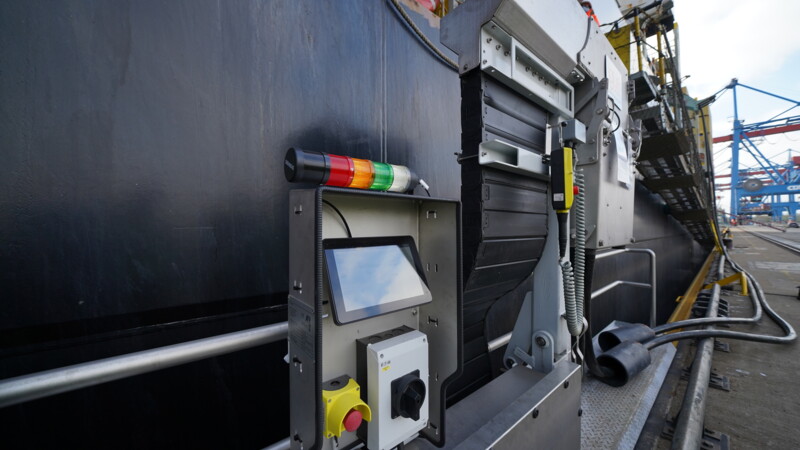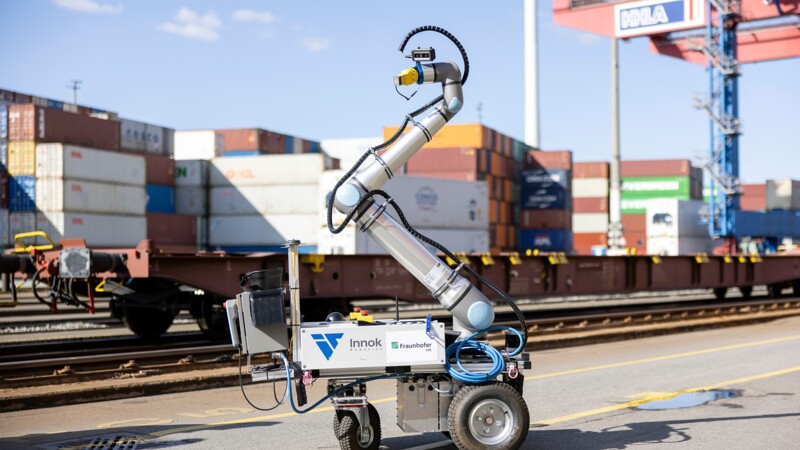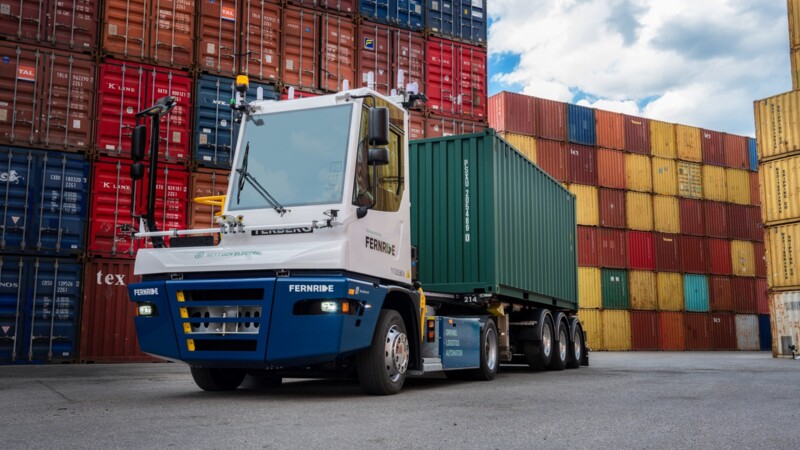"This project will make the Port of Hamburg more efficient," said Jens Meier, CEO of HPA. New container handling areas will be created in Waltershof, south of the Elbe and the neighbouring Eurogate Terminal will be expanded. The turning circle will increase from 480 to 600 metres to allow container ships to manoeuvre more easily. Additional berths will also be created in Waltershof. The expansion of the port marks the "conversion of manual operations to an automated concept", according to Tom Eckelmann, Managing Director of Eurokai and Chairman of Eurogate. In future, containers will be moved by electrically-powered automated vehicles. This should boost productivity and advance climate neutrality by 2040. At present, Hamburger Hafen und Logistik AG (HHLA) is gradually switching to digital automated procedures.
The Hamburg Port Authority (HPA) plans to develop the infrastructure for the western expansion of the port at an estimated cost of EUR 1.1 billion by the mid-2030s. The terminal operator, Eurogate, has signed a preliminary rental agreement for the space created and will invest at least EUR 700 million in the container terminal expansion, a press release said Friday (July 4, 2025).
Making port more efficient
Hub for key shipping routes
The new parts of the western extension will be publicly owned. However, the expansion is subject to approval by the EU Commission and the review could take several years, according to the senate. This has prompted the HPA to initiate an upstream review process, the results of which are expected in 2026. Plans for the western expansion of the port have been in place since the 1990s and all the lawsuits countering the expansion having been dismissed. "We are creating the conditions to ensure that Hamburg is equipped for the challenges of tomorrow," said Melanie Leonhard, Senator for Economics. The overhauled infrastructure will ensure that "Hamburg remains a hub for the most important shipping routes", she added.
mm/kk/pb
Sources and further information
More
Similar articles

CTA tests onshore power successfully


